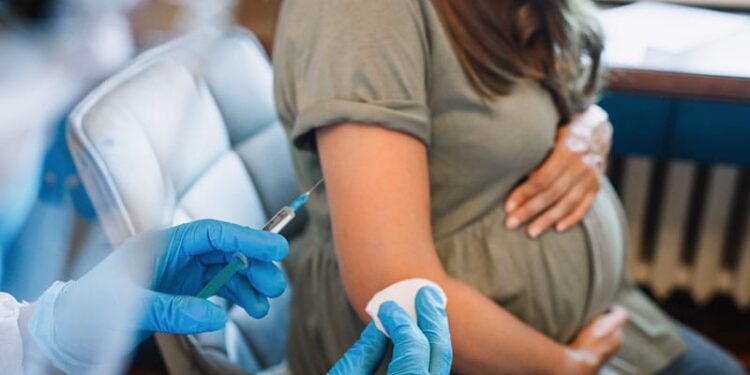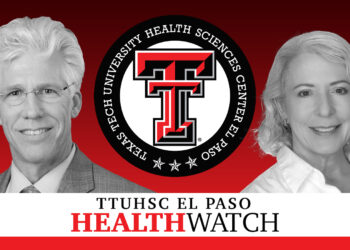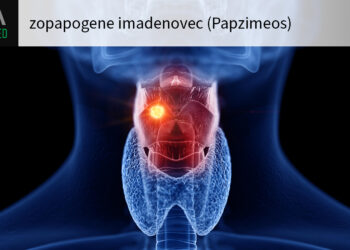TOPLINE:
Compared with unvaccinated pregnant women, those who had received an mRNA COVID vaccine in the first trimester did not have a significantly increased risk for major congenital malformations. However, potential links to specific birth defects, such as cardiac anomalies, could not be ruled out.
METHODOLOGY:
- Researchers in Germany conducted a prospective cohort study to assess whether mRNA COVID vaccination of pregnant women in the first trimester (gestational weeks, 2+0 to 12+6) increased the risk for congenital malformations in the foetus.
- They enrolled 1828 pregnant women who had received at least one dose of an mRNA COVID vaccine during the first trimester and compared them with 1955 unvaccinated pregnant women (median age of both groups, 33 years) from the same period.
- The primary outcome was the occurrence of congenital malformations, assessed approximately 8 weeks after the estimated date of birth.
TAKEAWAY:
- Major congenital malformations occurred in 3.86% (95% CI, 3.06-4.86) of foetuses of vaccinated women vs 3.09% (95% CI, 2.37-4.02) of foetuses of unvaccinated women.
- However, rates of congenital malformations were not significantly different between groups (adjusted odds ratio, 1.30; 95% CI, 0.90-1.86).
- Congenital heart defects, primarily ventricular septal defects, were the most common anomalies in the vaccinated and unvaccinated groups (crude rate, 1.82% and 0.87%, respectively).
IN PRACTICE:
“If an mRNA COVID-19 vaccination is considered in women of reproductive age, it should preferably be offered before conception or after the first trimester,” the authors wrote.
SOURCE:
This study was led by Angela Kayser, MD, Charité — Universitätsmedizin Berlin, Institute of Clinical Pharmacology and Toxicology, Embryotox Centre of Clinical Teratology and Drug Safety in Pregnancy, Berlin, Germany. It was published online on June 07, 2025, in Clinical Microbiology and Infection.
LIMITATIONS:
This study may have been affected by detection and selection biases. It lacked data on participants’ educational levels or personal attitudes towards pregnancy. Moreover, frequency of COVID within cohorts could not be assessed.
DISCLOSURES:
The study was supported by the German Ministry of Health. The authors reported no conflicts of interest.
This article was created using several editorial tools, including AI, as part of the process. Human editors reviewed this content before publication.
Source link : https://www.medscape.com/viewarticle/covid-shot-first-trimester-not-tied-birth-defects-2025a1000fsa?src=rss
Author :
Publish date : 2025-06-16 12:00:00
Copyright for syndicated content belongs to the linked Source.














